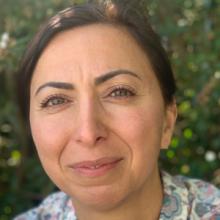About this video
Dr Heidari explains why it is essential to incorporate methods of sex/gender analysis into research design and communication and how different agencies and actors: regulatory agencies, research funders, research trainers, journals and ethics committees, can support this process. Research reporting is often gender blind by not explaining why there are observed differences in the male and female populations studied. It is not enough to report the balance in participation, observations and results need explanation. For this, Prof Heidari recommends the SAGER guidelines and used the case of COVID-19 pandemic to show how important gender-sensitive reporting is.


